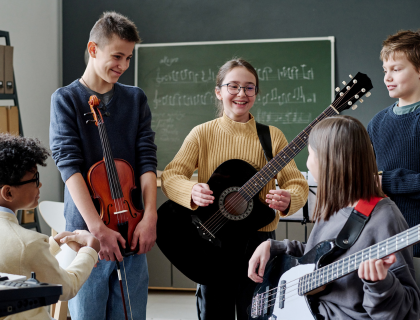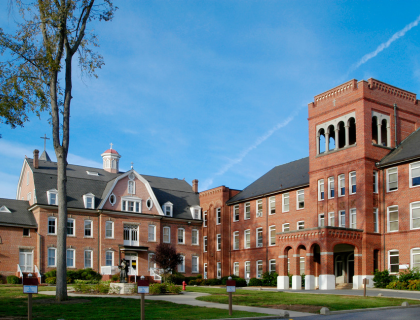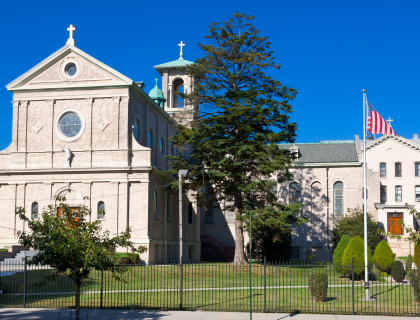Top 10 Things I loved about studying at an American boarding school
Why studying at Exeter was a transformative experience in my life
Before I set foot on the campus of my dream school, Phillips Exeter Academy, I imagined that attending boarding school would be purely an academic journey. After years of researching and obsessing over its traditions, I happily envisioned conversations around the chipped, wooden Harkness tables, and climbing the worn granite stairs to attend weekly assemblies in the Academy Building with esteemed guest speakers.
But during my time there as a boarding student, I was struck by the knowledge I gained in the moments of connection beyond the classroom. It was late-night conversations over plates of cookies and cups of hot tea, hosted by my resident faculty adviser, that kept me going through Exeter’s long hours of studying. It was three hours of rehearsal in the old Black Box theater, punctuated by new friendships, that taught me the power of community while we staged experimental productions.

Ultimately, studying at an American boarding school offered me more than just a prestigious education–it completely changed my life. Here are the top 10 things I loved about Exeter, which also represent facets of top American boarding schools like Andover, Choate, Deerfield, and more.
The top 10 things I loved about American boarding school life
- Small classes
Compared to my local public school, where I had previously attended classes for middle school, Phillips Exeter offered uniformly small classes averaging 10 to 12 students per class. American boarding schools typically offer smaller class sizes, around 12 students, and lower student-faculty ratios in comparison to their public school counterparts. Combined with the Harkness method, which organizes classes around round-table discussions, each day was a plethora of thoughtful conversations.
My teachers were more than instructors; they were mentors, guiding me and my classmates in active dialogue about our latest book, whether it was Faulkner or a convoluted physics guide. By learning to collaborate with my classmates, I learned not only how to master my course material but also how to articulate my thoughts, respond to others’ opinions, and develop my sense of leadership in difficult conversations.
- Unique extracurriculars
At boarding school, there were no limits to the extracurriculars I could pursue, ensuring I could turn all of my creative dreams into a reality. As a student who leaned toward the humanities, I explored as much as I could in the performing arts, including music and theater. I dabbled in mainstage theater roles, jazz band, piano and voice lessons, as well as literature clubs, Amnesty International, and even rowing at the local boathouse. For STEM-inspired students, the bright, renovated Phelps Science Center offered an oasis for conducting labs and preparing for math and science olympiads. While I didn’t wander there as often, I felt motivated, surrounded by excellence in all fields.
- Diverse Classmates
In all of my activities, I met people from across the United States and the world. In my dorm, as my roommate and I stayed up past midnight preparing for the next day’s classes, we would often chat about missing our daily routines back home. I made friends from Seoul, Texas, California, and Singapore, for starters.
The global community, gathered in the small town of Exeter, New Hampshire, taught me that learning was more about achieving the best grades. It was about opening my mind to the experiences of others, embracing our differences and similarities. Exeter is committed to supporting “youth from every quarter,” encouraging Exonians to learn from each other.
- Supportive community
In Amen Hall, my dorm during my time at Exeter, the resident faculty ensured everyone felt supported and at home. I assumed that my teachers would be my only mentors, but I had overlooked the relationships I would build with my floormates, RAs, and dorm supervisors. Each night, student RAs ensured everyone was checked into their rooms at the appropriate times, usually around 8 or 9 pm, depending on one’s grade.
Although at first, many of us were homesick, eventually we created new routines and nightly rituals. Sometimes, during finals, you could find floormates frantically cramming for exams until 1 or 2 a.m., or on a nice spring day, we would all be out on the green, happily reading our books while sunbathing. Exeter became its own home that challenged and supported us to become the best versions of ourselves as we connected with others to create a new community beyond our hometowns.
- Traditions and school spirit
This sense of belonging was continued through Exeter’s rich annual traditions, like the Exeter/Andover games. Since 1878, Exeter and Andover have had the longest-standing prep school rivalry, carried on through academic competitions, especially football. On a weekend, typically in the spring semester, Exeter students don as much red as possible, including stripes of face paint, to face off against Andover students in their school’s official blue. I still remember standing by the celebratory bonfire near the football field with friends, cheering happily at the end of the day. Moments like these made me feel like I was part of a family, not just a school.
- Access to world-class resources
From housing the largest secondary school library in the world to its cutting-edge Phelps science labs, Exeter gave me access to a plethora of academic resources. Whether it was checking out a rare CD from the library’s music room or attending a marine biology field trip at a local beach, Exeter always supported my curiosity.
More recently, Exeter created new performing arts spaces for students with its Goel Center for Theater and Dance, featuring a new mainstage theater, theater lab, dance studios, and Harkness classrooms. Or music students can flock to the practice rooms in the new Forrestal-Bowld Music Center, while athletes can train at the new Thompson Field House. No matter the area, Exonians benefit from stellar facilities that are consistently renovated and updated.
- Weekly assemblies
Each week, students had to attend a weekly assembly in the Academy Building, featuring esteemed speakers who were successful in their respective fields. I remember the most prominent speaker during my time at Exeter was Mark Zuckerberg, who shuffled onto the wood-paneled stage in his infamous slippers. Everyone leaned forward from their seats on the red velvet-lined benches, eager to hear his words and advice on pioneering a career after Exeter.
Each assembly offered thoughtful words of advice from changemakers and leaders in various fields; while mandatory, they were an interesting break from the stresses of weekly classes. The lectures helped to put our studies in perspective, and they often fostered interesting discussions over lunch.
- Learning independence
It wasn’t always easy living away from home, but I learned how to manage myself independently at a young age. At boarding school, the emphasis was on maturing academically, emotionally, and socially. I was responsible for waking myself up for classes, ensuring I completed my homework, and taking the initiative to ask for help when I needed it. There was a steep learning curve at first–I was shy to admit when I didn’t understand in class, or I hesitated to visit my teachers’ office hours.
But eventually, over time, as I tackled one more assignment or one more seemingly impossible task, I developed a quiet confidence. This sense of ownership over my work and responsibilities was invaluable when I finally attended university because I knew that I could teach myself to handle any new challenges that came my way.
- Studying abroad
Exeter provided students the chance to study abroad, complete with ample financial aid support. Students have the chance to participate in Global Initiatives, studying in countries like England, Spain, Italy, Japan, Germany, and the Bahamas. Off-campus terms permit students to spend up to three months studying in different countries, while experiential learning programs let students study across the U.S. during school breaks. There were also unique year-long exchange programs at peer schools like the Mountain School and Island School.
In my senior year, I studied in Grenoble for the fall semester, staying with a French host family. They encouraged me to speak only in French with them at home, rapidly improving my comprehension and speaking skills in just a few weeks’ time. I never would have been able to experience this at public school, and my time in France was so fun that I’ve continued to study the language ever since.
- The values I took away with me
Exeter is committed to not only educating students but ensuring they lead lives full of purpose and heart. Taken from the school’s Deed of Gifts, written in 1781, the Academy encourages learning to help others, encapsulated in one of its core mottos, “non sibi,” Latin for “not for oneself.” Any Exonian can tell you about this motto’s impact on their personal and academic journey. This value of non sibi was present in every aspect of the community, from students collaborating in math classes to master calculus together to developing new community service initiatives.
Are you considering attending an American boarding school?
These are just a few of my favorite aspects of attending an American boarding school. Initially drawn in by the academic opportunities, I realized that institutions like boarding schools offer a chance to develop into a well-rounded, generous, proactive, and thoughtful global citizen. Exeter was an institution of learning, but more importantly, it was a community of young people who were driven to use their intellect to help improve the world around them.
Now it’s up to you to explore whether attending a school in the U.S. would be the best fit for your child. If you’re curious about American vs. British boarding schools, explore the differences further on the Crimson Rise blog here. Or, consider to meet with a Crimson Rise advisor to discuss boarding school opportunities at top schools like Phillips Exeter Academy and Phillips Academy Andover.
FAQs
- How do American boarding schools help with college preparation?
They offer strong college counseling programs that typically guide students toward top universities in the Ivy League. They also help to prepare students for the intricacies of US admissions.
- How do U.S. boarding schools compare with British ones?
American boarding schools typically offer more flexibility when it comes to curriculum, a greater liberal arts focus, and more emphasis on personal development and mentorship outside of academics. US boarding schools take a more holistic approach to academics, whereas UK schools rely on more exam-based assessments.
- Is boarding school good for international students?
Yes, American boarding schools welcome international students, and usually provide them with ESL support, a diverse community, and cultural programs. Boarding schools can help international students prepare for U.S. and other international universities thanks to their strong academics and community.
Last Articles
What happens in a consultation?
- Learn what the application process might require for your child to reach their dream independent school.
- Review customized service package and pricing options based on your specific needs.
- Understand the typical time commitment required from your child for activities like extracurriculars to strengthen their application profile over time.
- Assess your child's current application strengths and areas that may need further development.

%20(26).png)


%20(45).png)
%20(42).png)

%20(39).png)





















%20(21).webp)



